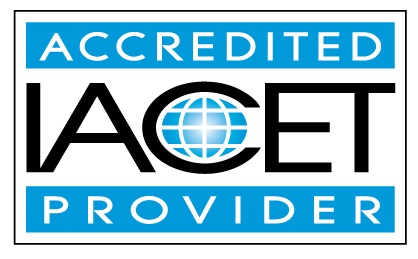Description
Cycling is well established in our culture as a tool for fitness, health, recreation, transportation, and achieving independence. We celebrate learning to ride a cycle as a rite of passage and then may continue to reap the benefits for decades. Individuals with physical and/or cognitive challenges that make it difficult to ride safely can benefit from cycling if they are properly positioned and supported on a well configured cycle. The benefits of cycling can include enhancements to gross motor skills, joint range of motion, muscle strength, bone growth, cardiovascular fitness, visual/spatial orientation, and quality of life for the child and family. This course will examine the clinical benefits and research regarding adaptive tricycles through the lens of Evidence Based Practice and justify them as a therapy tool to address domains outlined by the ICF: body functions and structures, activity, and participation in the context of environmental and personal factors.
Learning Outcomes:
The participant will be able to list at least 4 benefits related to the ICF afforded to children with a disability from having access to riding an adaptive tricycle.
The participant will be able to discuss evidence-based research related to the use of adaptive tricycles, and those areas that require further investigation.
The participant will be better able to construct a letter of justification/medical necessity to support funding requests for adaptive tricycles.
Dan Judson is a Physical Therapist with over twenty years of clinical experience with pediatric clients. He was the Clinical Coordinator at Thames Valley Children’s Centre, was a founding member of the Pediatric Physiotherapy Council of BC and participated in the development of pediatric programs in developing countries. His passions are rooted in educating and empowering clients, families, and clinicians to advocate for the information and resources needed to achieve success.


